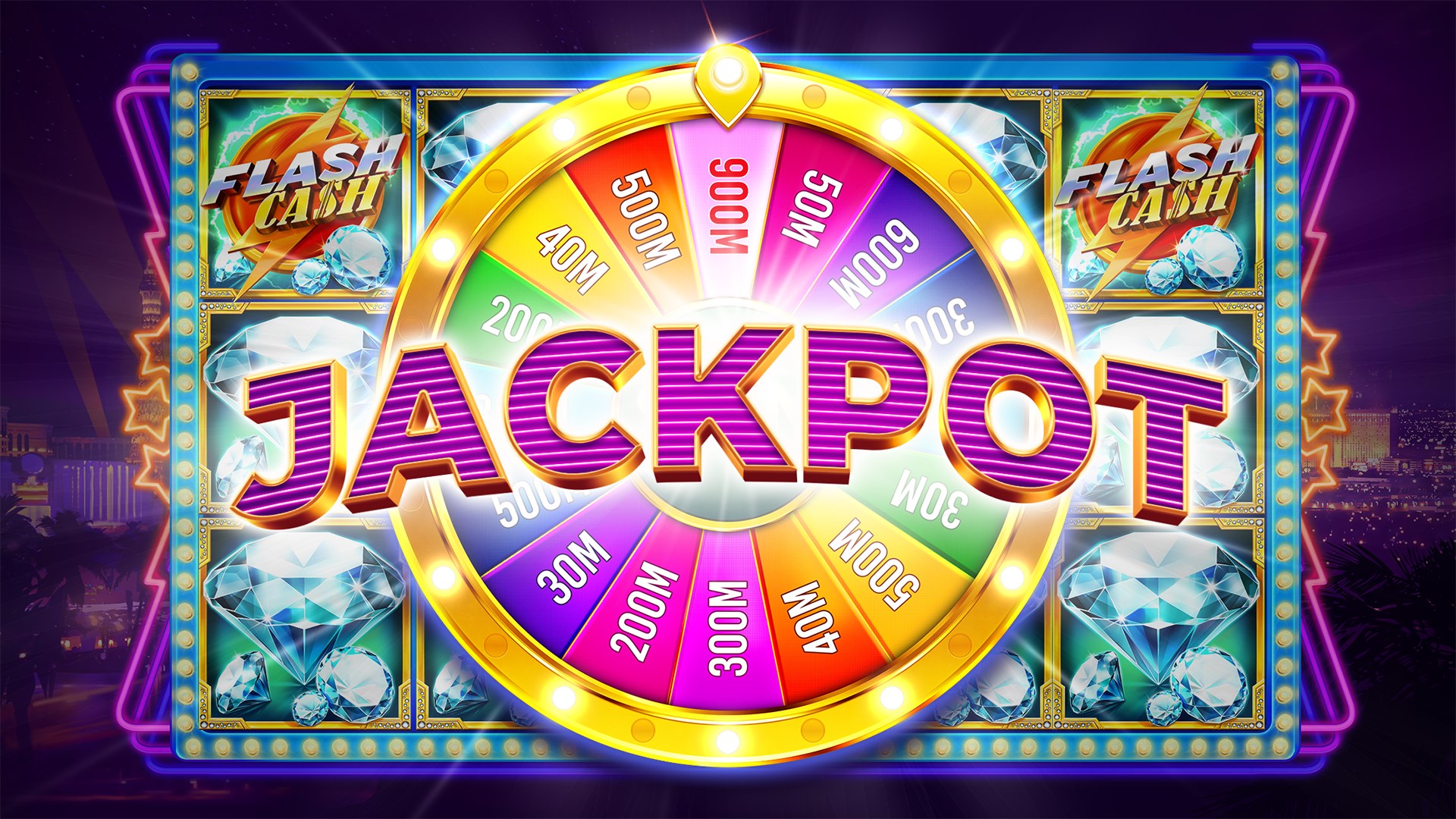Casino experiences have captivated players for centuries, progressing from simple pastimes to complex experiences that integrate luck, skill, and fun. From the historical origins of gambling in civilizations such as ancient Mesopotamia and Rome to the glitzy corridors of contemporary casinos, the history of these games reveals much about the human experience and our connection with luck. As cultures have merged and innovation has progressed, casino games have evolved, mirroring the changes in society and developments in gameplay.
The initial iterations of gambling likely featured elementary dice games and wagering on the results of sporting events. Over time, these primitive activities grew into more structured games like playing card games, roulette, and the myriad one-armed bandits that line casino floors today. https://789ppu.com/ Every generation brought its own set of rules, aesthetics, and social relevance. At present, casino games continue to evolve with the rise of digital gaming platforms, enabling players from various parts of the world to participate in a common experience, further merging the traditional with the modern era.
Ancient Roots of Casino Activities
Gaming activities have foundations that stretch back to old societies, where gambling was deeply embedded in cultural practices and social rituals. The first known forms of gambling emerged in Mesopotamia around 3000 BC, involving simple dice games made from bone material. These initial activities laid the foundation for more complex betting games, reflecting humans’ instinctive desire to pursue wealth and entertainment through luck.
As societies evolved, so did their gambling pursuits. In ancient China, around 2300 BC, objects were unearthed that resembled primitive basic forms of a lottery game activity. More organized forms of betting developed in the Roman civilization, where games of luck were a frequent recreation, often taking place in social events. The ancient Romans developed different betting games, which entailed die and table games, illustrating the pervasive nature of gambling across various economic strata.
With the movement of time, these primitive games contributed to the evolution of modern gambling activities. In the Middle Ages, card activities grew prevalent in European culture, paving the way for the organized gaming venues we know today. The change from casual gambling to formal gambling in taverns and private houses marked a major change in how people engaged with games of chance, leading to the subsequent creation of gaming houses as dedicated venues for gambling.
The Rise of Contemporary Casino Gaming
The late 1960s and 1970s marked a crucial change in the world of gaming, driven by technological advancements and shifts in cultural attitudes towards betting. The emergence of personal computers and the internet transformed the way gamblers interacted with their beloved games. Virtual casinos emerged, allowing enthusiasts to enjoy timeless table games like poker and blackjack from the safety of their houses. This new digital landscape not only broadened availability to casino games but also drew in a newer demographic who found the comfort and variety tempting.
As online gaming gained traction, so did developments in gaming technology. The creation of advanced programs and visual elements changed conventional gambling games into captivating adventures. Gamblers could now interact with live live dealers through real-time broadcasts, bringing the vibe of brick-and-mortar casinos directly into their homes. This fusion of in-person play with digital interfaces created a unique hybrid experience that boosted the community element of playing, allowing it possible for individuals to engage and compete with fellow gamers around the globe.
Additionally, the growth of mobile gaming substantially changed the gambling environment. With the widespread use of mobile phones and touch devices, gamblers can access their preferred casino games everywhere, whenever. Mobile applications offer a vast array of games optimized for mobile screens, catering to the busy daily life of contemporary gamers. This availability has resulted in rising involvement in gambling, contributing to the rapid expansion of the gambling sector. As a result, the prospects of casino gaming continues to evolve, adjusting to technological advancements and changing player expectations.
How Technology Influences Casino Games

The evolution of technology has significantly transformed casino games, improving the overall gaming experience for players around the world. As the internet emerged, online casinos emerged, allowing players to enjoy their favorite games from the comfort of their homes. This shift not only made casino games more available but also increased the variety of games available, as online platforms could host numerous variations of traditional games without the limitations of brick-and-mortar establishments.
Mobile technology further transformed the casino gaming landscape. With the proliferation, players now have the ability to play casino games anytime and anywhere. This flexibility has led to the creation of dedicated mobile applications and optimized websites that provide seamless gaming experiences. Additionally, innovations such as live dealer games have delivered the genuine feel of a casino into players’ homes, bridging the gap between physical and online gaming.
Moreover, advancements in artificial intelligence and VR are leading to the next generation of casino games. AI enhances game design and player interaction, creating customized experiences based on user behavior and preferences. Meanwhile, virtual reality provides immersive environments where players can interact in a simulated casino setting, making the gaming experience more exciting and realistic. As technology continues to evolve, the future of casino games looks promising, filled with limitless opportunities for advancements and entertainment.